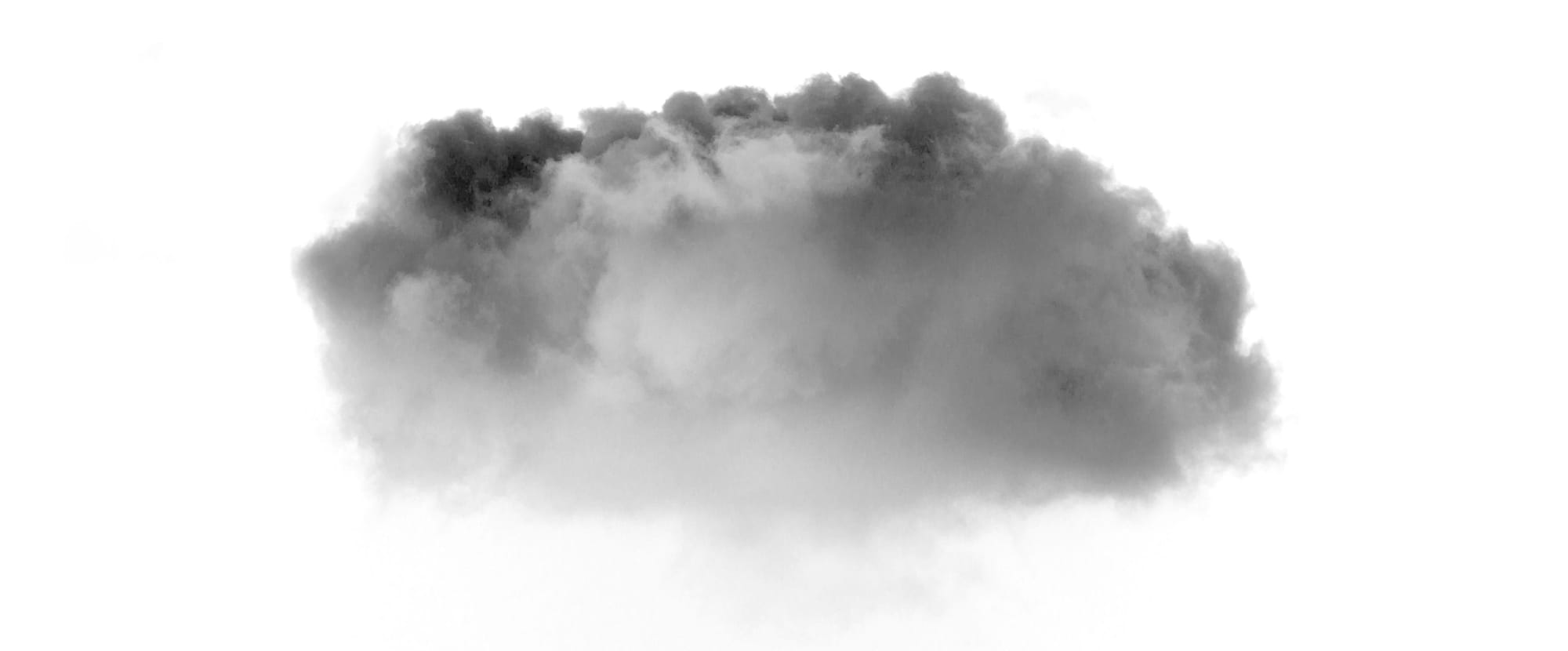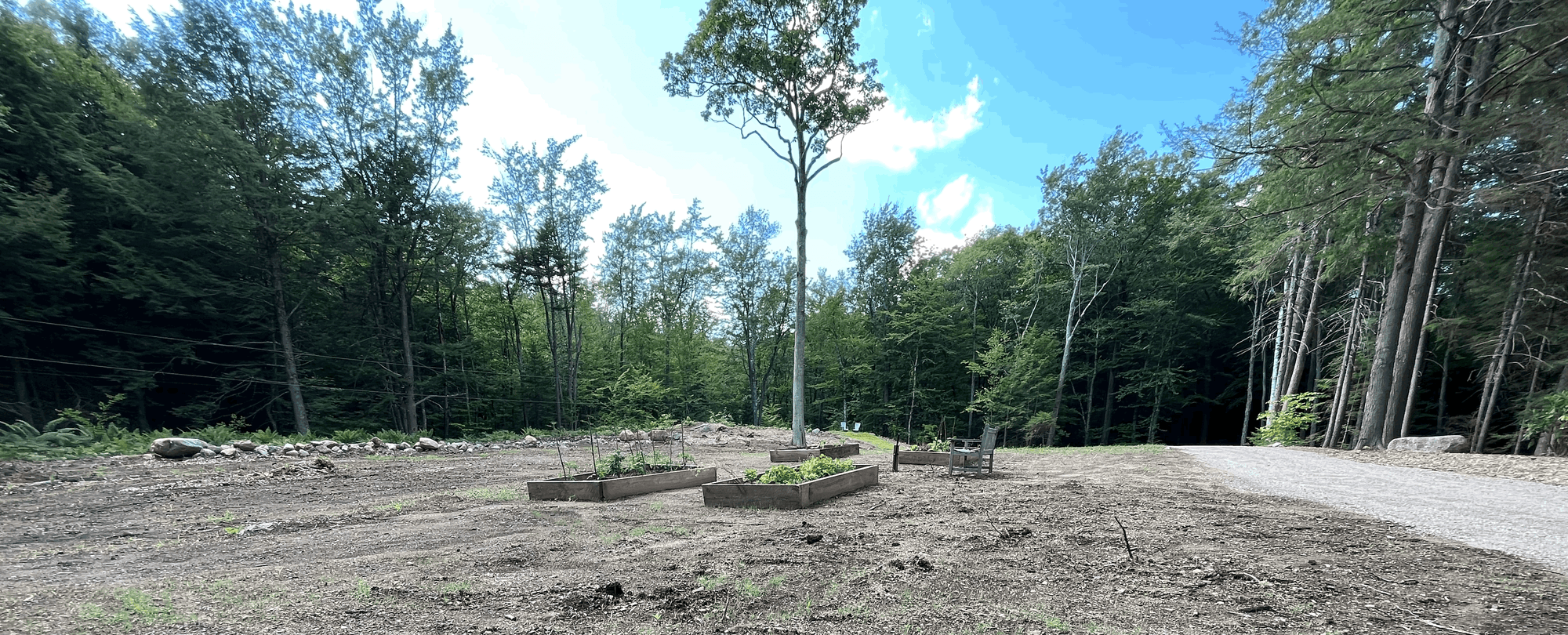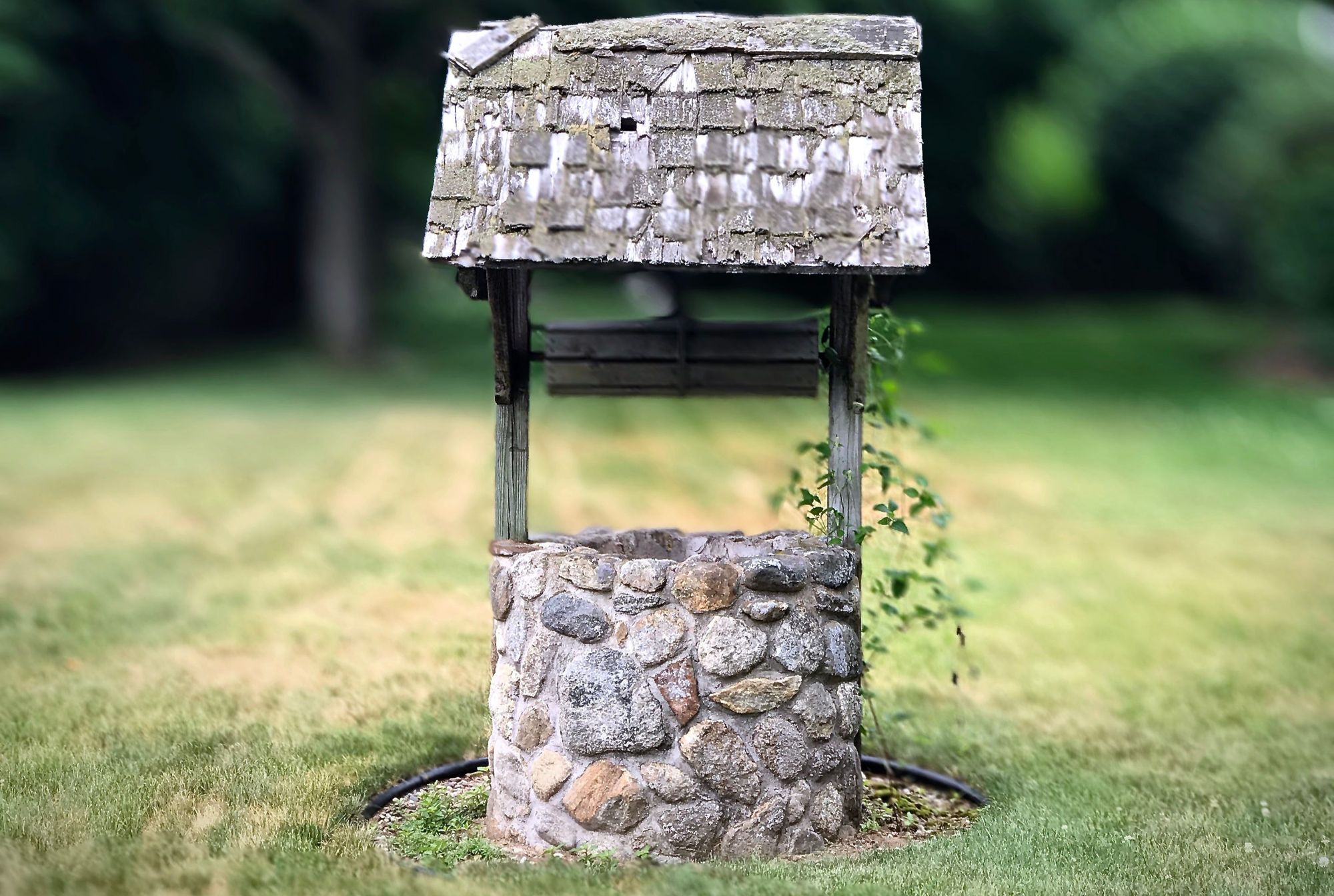Water
There is something rewarding about leaving nature to do its own thing.

We could use more rain in our part of the world right now. All of New Hampshire is experiencing a moderate drought. Portions of the Monadnock Region are diagnosed with severe drought, which is where we are, although our community does not show up in the severe drought area on the map.
We did all this tree clearing and landscaping on our property (Sexy Woods) to make way for a few raised garden beds and tall grasses, but it is parched earth right now. Shoots of grass and wildflowers are barely emerging. Honestly, I do not know how the plants are managing it. There are a few inches of good loam under them, but it is dry, dry, dry. Such is the tenacity of life.

One person in town reported to us that the town reservoir is down 18 inches. Pretty significant for July. Given the countless lakes and rivers and small population density, we do not tend to worry about water in this state, but there is no upside to taking water for granted. Before coming to New Hampshire, we lived in the western suburbs of Boston when the population exploded, including the arrival of new businesses such as car dealerships and supermarkets. Back then, people were already standing up at town meetings asking, "What about the water supply?" Well, we were in that old neighborhood again this week, and the signs were everywhere along the roads - No watering between 9:00 a.m. and 5:00 p.m.
We are on well water here, at home. I have relied on well water most of the places I have lived, apart from the years outside of Boston and in my post-college urban days. When we moved here, we had to search for the top of the well, which was buried. The former head of the town's department of works accomplished that using divining rods he kept in his truck. That is some trick finding underground water with a divining rod, but he did. He dug out around the well cap and determined we were getting four to five gallons a minute. "All you need," he said.
It was not always thus with the wells in my life. In the Westport, Connecticut days, we had a shallow, dug well outside the kitchen door. A cement cover was over the top with an iron ring set in the center. My father would occasionally lift the cover to inspect below. Once or twice, he had to remove an unfortunate animal floating on the surface whose watery end would be brought to our attention by the odor that eventually emanated from the tap. Of course, mother would have been mixing the water with baby formula and whatever else up to that point. “But it never seemed to do you any harm,” she said over the years.
The Westport well ran dry in the early 1960s after a prolonged drought. Mother was in the shower for the final gasps, a rusty sludge that drained from the showerhead over her hair and body. She had to traipse next door to rinse.
We would be without our water for the next six months while we waited for the Bridgeport Hydraulic Company to come through, extending the town water lines along our road. (There are many words I do not know and cannot pronounce today. But hydraulic is a word I learned early.) Two adults, three small children, a dog, a cat (I think), and no water. I was on a boat with my brother this past weekend, and as we flipped through some memorable times, he said, “The image of the hose running from our house in Westport to our neighbors is etched in my mind.” Mine, too. We were both under seven years old. The neighbors were on town water, but the house was part of a development. And it wasn’t right next door. The hose was several connected hoses that had to be pulled the length of our property, past gardens, over a stone wall, and across to the neighbor's outdoor faucet. Frost season arrived, then winter, so each night after commuting home from New York City, Dad would have to curl up the many hose lengths and bring them inside. The process reversed itself in the morning and required that we leave the water on at a trickle to prevent freezing.
Those were the days.
The first house I owned also had a well. A family friend familiar with the property cautioned me a few times before signing papers to get the well tested. The real estate agent successfully dodged those requests. We would have bought the place anyway, but the well was also shallow and sputtered maybe one and a half to two gallons per minute, meaning that flushing a toilet and running the laundry simultaneously would drain the well. So outside I would go to lift off the cover of the well pump chamber, climb down into the pit, and prime the pump manually.
Possessed of such memories, it does not occur to me to call upon our current well to water our parched field. We have tomato plants in the raised beds and eggplant, lettuce, carrots, and a few other things, and we dowse those by hand. Otherwise, we will allow nature to run its course.
Which is not a bad feeling, you know. There is something rewarding about leaving nature to do its own thing. We hope there will be a field of waving grass across our driveway in two or three years, but the struggle for it to grow and the struggle on our part to wait should result in more respect for each other as independent partners in the fabric of this place.
Still, it is hard not to feel a twinge of guilt while watering the raised beds standing amidst our parched field. We hurry the process along to minimize any lasting resentment.


